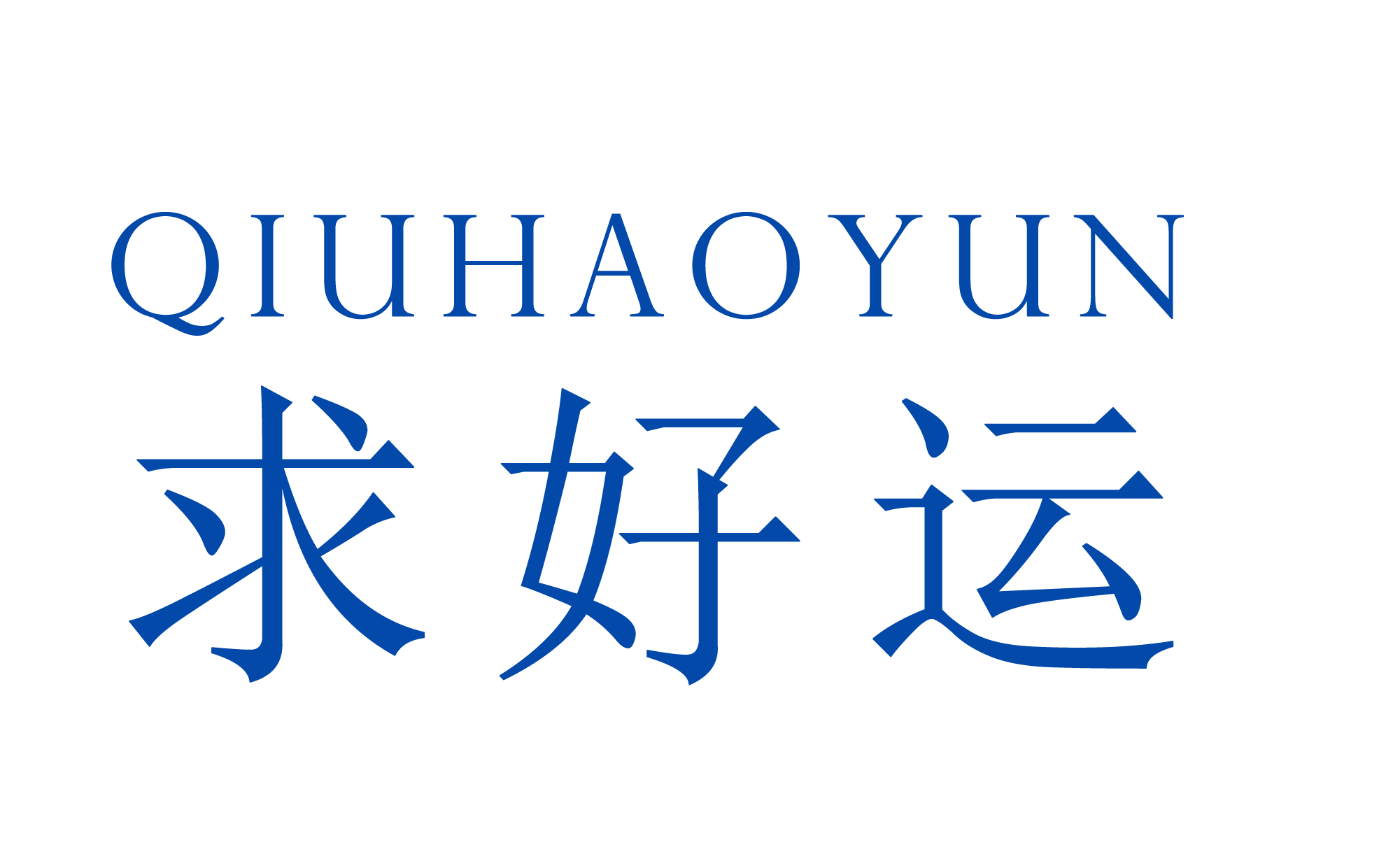The European Union has stringent regulations for food supplements to ensure safety, quality, and efficacy for consumers. These standards are designed to protect public health while promoting transparency in the supplement industry.
Key EU Regulations for Food Supplements
The EU regulates food supplements under Directive 2002/46/EC, which outlines permissible vitamins, minerals, and other ingredients. Manufacturers must comply with labeling requirements, maximum dosages, and safety assessments before marketing their products.
.jpg)
Benefits of EU-Compliant Supplements
Supplements meeting EU standards are trusted for their rigorous testing and high-quality ingredients. Consumers benefit from accurate labeling, reduced health risks, and confidence in product effectiveness.
How to Ensure Compliance
Brands must submit detailed dossiers to the European Food Safety Authority (EFSA) for approval. Regular audits and adherence to Good Manufacturing Practices (GMP) are essential to maintain compliance.
Future Trends in the EU Supplement Market
With growing demand for natural and organic supplements, the EU is likely to introduce stricter guidelines for sustainability and clean-label products. Staying ahead of these trends is crucial for industry players.
By understanding and adhering to EU standards, businesses can thrive in this competitive market while ensuring consumer safety and trust.


